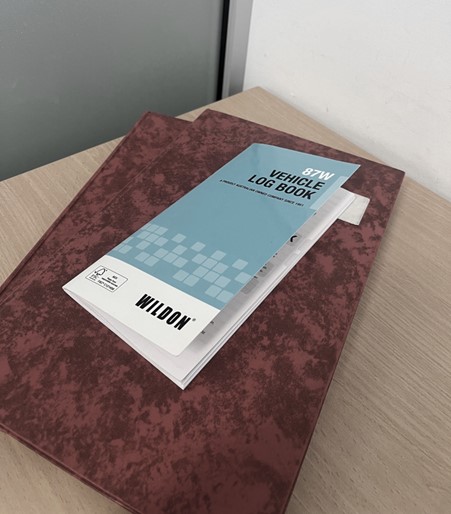
![]()
Today, we would like to highlight an essential aspect of estate planning that often goes overlooked: the importance of having a will.
Many individuals mistakenly believe that creating a will is only necessary for the elderly or those with substantial wealth. However, the truth is that everyone, regardless of age or financial status, should consider having a legally binding will in place. A will serves as a crucial document that outlines your wishes regarding the distribution of your assets after your passing. Here are several reasons why having a will is crucial:
- Ensuring Your Assets Are Distributed According to Your Wishes
A will allows you to specify how you want your assets to be distributed among your loved ones or other beneficiaries. Without a will, the distribution of your assets will be governed by the laws of intestacy, which may not align with your wishes. By having a will, you have control over the distribution of your assets, ensuring they go to the people or organizations you care about most.
- Providing for Your Dependents and Loved Ones
If you have dependents, such as children or elderly parents, a will allows you to appoint a guardian who will take care of them in your absence. You can also establish trusts within your will to provide for their financial well-being, ensuring they are adequately supported even after you’re no longer there to provide for them.
- Minimising Potential Family Disputes
A well-drafted will can help prevent conflicts and disputes among family members over the distribution of your assets. By clearly stating your intentions, you reduce the likelihood of misunderstandings and legal battles that can strain relationships and deplete your estate. Having a will ensures that your loved ones can focus on the grieving process rather than getting caught up in lengthy legal proceedings.
- Tax Planning and Minimising Estate Taxes
Creating a will allows you to incorporate tax planning strategies to minimise estate taxes and maximize the value of your assets passed on to your beneficiaries. By optimising your tax position, you preserve your wealth for future generations.
- Appointing an Executor to Administer Your Estate
A will enables you to appoint an executor, a person responsible for carrying out the instructions outlined in your will and managing your estate’s administration. Choosing a reliable and competent executor ensures that your wishes are executed efficiently and according to your instructions.
- Planning for Business Succession
If you own a business, having a will is crucial for planning its succession. Your will can outline how your business interests will be transferred and managed after your passing, ensuring a smooth transition and protecting the future of your enterprise.
Discussing end-of-life matters can be sensitive, however addressing these topics is an essential part of securing your financial legacy. Having a will is not just a prudent financial decision; it is a testament to your care and consideration for your loved ones. Take the proactive step today and secure your legacy.





I really like what you guys are usually up too. Such clever work and exposure!
Keep up the fantastic works guys I’ve incorporated you guys to my blogroll.